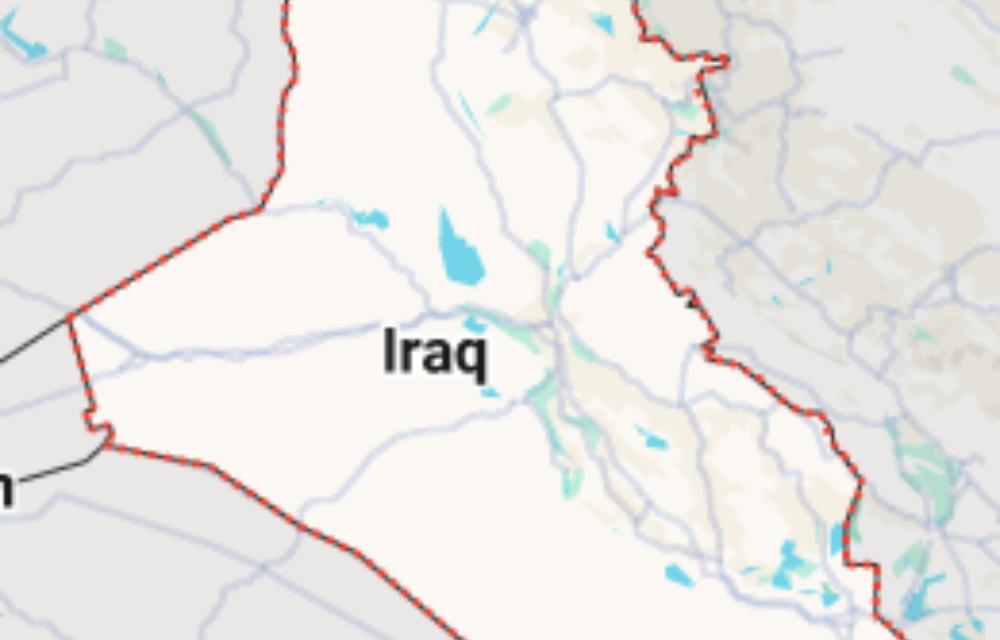
Iran’s Dangerous Footprint in Iraq will invite the state of Israel to Direct Response
As tensions continue to rise across the Middle East, a growing concern is emerging about Iran’s expanding military influence in Iraq and the serious consequences it could bring—not only for Iraq, but for the entire region. The current Iraqi government has a critical responsibility: to preserve Iraq’s sovereignty and prevent its land from being used as a base for hostile actions against other nations, especially the State of Israel.
Iran has long used its network of Shiite militias and armed groups in Iraq—notably the Popular Mobilization Forces (PMF), Kataib Hezbollah, Harakat al-Nujaba, and others—to project its power. These groups, heavily backed by the Islamic Revolutionary Guard Corps (IRGC), do not answer to Baghdad. Instead, they take orders from Tehran.
In recent months, Iranian-linked militias have increased their rhetoric and activity against Israel, threatening attacks not only in the region but directly targeting Israeli assets and interests. This is a dangerous escalation. While Iraq faces its own challenges—economic instability, reconstruction, and national reconciliation—it must not allow itself to be pulled into a conflict that does not serve the Iraqi people.
Israel has made its position very clear: any military threat—direct or indirect—will be met with a decisive response, regardless of where it comes from. The Jewish state will not tolerate Iranian-backed militias using Iraqi territory to launch attacks, transfer advanced weaponry, or train for missions against Israeli targets.
This is not mere rhetoric. In the past, Israel has conducted precision strikes in Syria and even deep inside Iraq to neutralize Iranian weapons convoys and militia facilities. If these threats continue, Iraq may once again become a theater of conflict—not because of Israel’s desire for war, but because of the reckless and illegal behavior of Iran and its proxies.
The Iraqi government, under Prime Minister Mohammed Shia' Al Sudani, faces a defining choice. Iraq can remain a sovereign state that controls its borders and protects its people from external manipulation—or it can become a battleground for Iran’s ideological war with the West and Israel.
Baghdad must:
Disarm militias that operate outside the control of the Iraqi Armed Forces.
Ban the transfer of Iranian weapons or ballistic technology through Iraqi territory.
Condemn and prevent any threats made from Iraqi soil toward Israel or any other state.
Protect diplomatic missions and civilians from being targeted by foreign-backed armed groups.
By doing so, Iraq can protect its people from devastating retaliation and maintain peaceful relations with the international community.
Iraq has suffered enough from decades of war and foreign interference. The majority of Iraqis want jobs, security, and stability—not ideological wars launched by foreign powers. Allowing Iranian militias to operate freely invites airstrikes, regional isolation, and continued chaos.
Israel, like any sovereign nation, has the right and the obligation to defend its people. If Iraq becomes a staging ground for attacks against Israel, it should expect Israeli action in response. That is a dangerous and avoidable future—one that the Iraqi government must work to prevent immediately.
This is not about choosing between Iran or Israel. It is about choosing Iraq’s sovereignty and the Iraqi people's future. The current government must rise above external agendas and reclaim control over its territory before it becomes a casualty of a war it never asked for.
A sovereign Iraq should never be used as a pawn in someone else’s conflict. It’s time to put Iraq first—for peace, stability, and the well-being of the entire region.